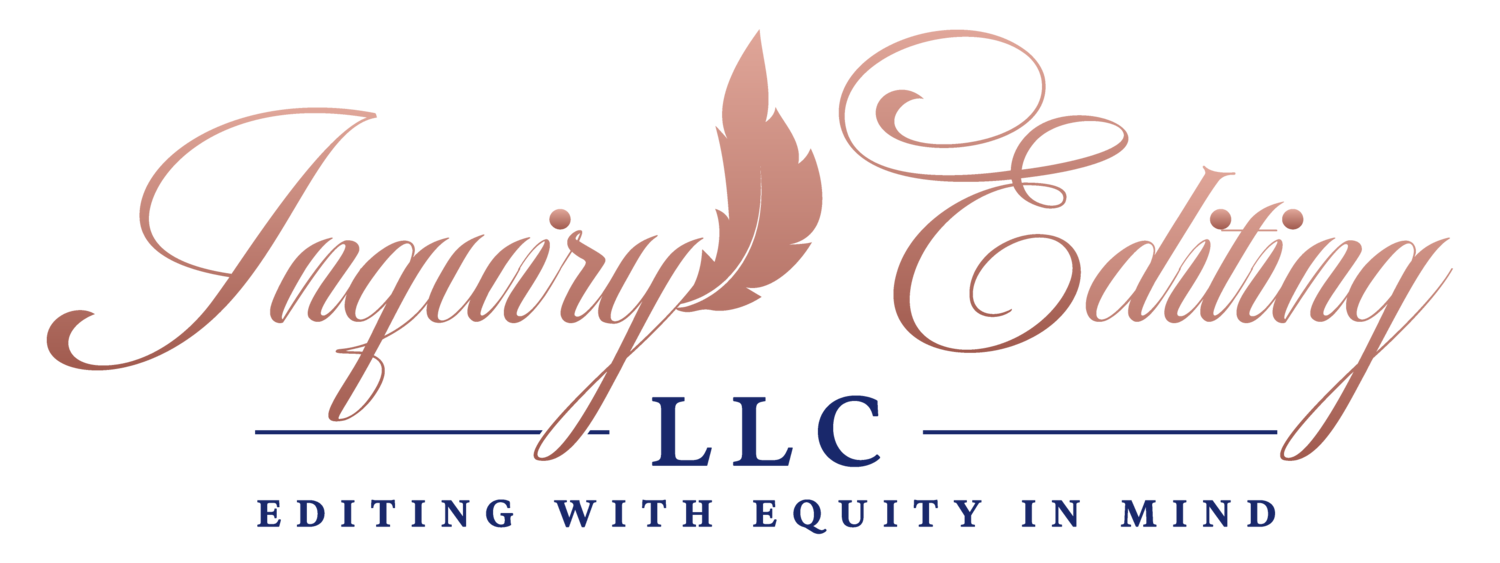Lessons from Public Writing
Some of you may have seen my by-line in popular media: The Washington Post, Black Girl Nerds, The Root, and Medium. (If you’re interested in reading the pieces, just search my name and the venue.) For each clip (short for clipping), I labored to learn what it meant to write for a public venue (read: magazines, internet publications, and newspapers) after writing in academic spaces for so long. Since sharing is caring, read on!
A lot of folks want to pursue public writing, and for good reason: Your work gets a large audience consisting of editors, producers, publishers, and others. You get the pleasure of seeing your name in a widely read publication. Your ideas feel more relevant because they become part of public discourse. If you write op-eds, you get to be a part of shaping history because you shape the conversation. Yet, writers often struggle to translate their longer academic or fiction musing and even their poetic prose to the lingua franca of the public.
Here are a few lessons I learned while writing.
A good editor is priceless. I am not just saying this because I am one. I am saying this because I need one for my public writing. My writing style has been habituated to suit an academic audience. I need an editor – specific to the publication – that knows what that audience expects and how they interact with the work. While the audiences for Cosmopolitan and Self may be similar, they expect differences in the publications, however subtle. Let the editor’s vision and yours blend to create a project you can both support.
You’re writing an appetizer, not a meal. Public writing tends to be shorter because it is needs to be consumed by a public that is voracious for information and short on time. In my academic articles, I can go into detail about Octavia E. Butler’s archive or the nuances of character development. For an article on the end of the world, the broad strokes of the plot and a commentary on the novel’s importance may be just enough. In a scientific article, professors and researchers can talk about the particularities of COVID, the spike proteins and their biochemical interactions. In a public article, Professor Lori Banks is quoted as calling it “landing gear,” an analogy that many folks can understand. Contrary to popular opinion, the public does not need “dumbed down” information. They need news they can use. Since they aren’t in a continuing course with you, they need to be informed enough to make decisions. The distillate for a public audience is often closer to the lessons you teach in an introductory class.
Brevity may not always be the soul of wit, but it sure is useful. As a writer, I tend to err on the side of being brief. Every major publication I have had has been accused of being “too short.” This is certainly a personal preference, and it has finally become useful. First, this is practical, many sources often have word limits that cannot be fudged. Second, academic filler words announce themselves and are often unnecessary. Common culprits include “the ways in which,” “thus,” “as a matter of fact,” “problematic,” “interesting,” “that.” Rarely do these words clarify. They bloviate as a matter of course. Third, and this is perhaps most important, brevity forces you to be specific. Being specific allows a writer to maximize their space and support for their ideas. Every word counts.
Rejections are wins. I firmly believe that no writing is ever wasted. I have had more rejections than I can count. With each one, I strengthened my writing, my ability to pitch (propose a piece for publication), developed new contacts (see the rule about editors), and got someone interested in my ideas. Sometimes I get feedback and it helps me understand the rationale for the rejection. Often I do not. When I have gotten feedback, it has helped me better edit my work. It helps me experiment with what my writing could be. When I do not receive feedback, I look at what actually landed and note the differences between my work and the published piece. Then, as any writer does, I look for ways to mimic that person’s work. You never lose. You either win or learn.
Each of these lessons has helped my writing broadly, whether it is public or not. In trying to create this list for you all, one thought kept returning to me: these lessons were learned from public writing, but are not exclusive to it. That is, I understand if someone learned this lessons in academic writing or poetry or fiction. This brings me to the final lesson, said with all the earnestness of Paula Patton playing Blu in Precious, “Write.”
Write.
